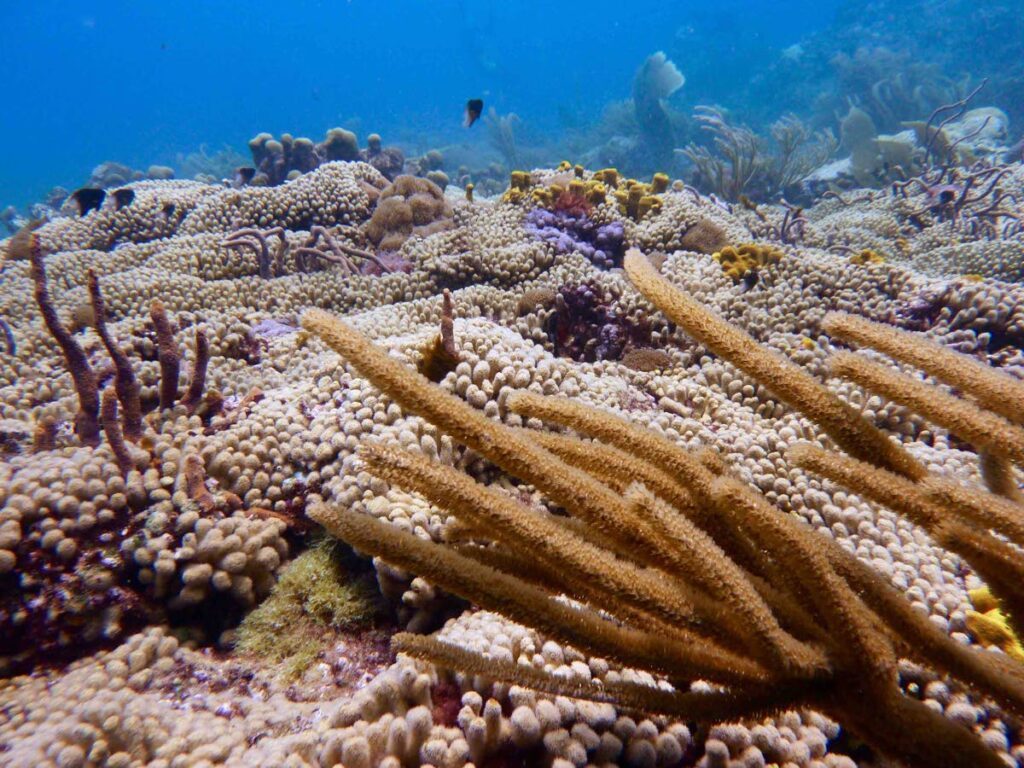Tobago reef rescue project to go on for 5 years

The Institute of Marine Affairs' (IMA) coral and seagrass restoration project, MARIN, in collaboration with bpTT, has successfully completed its pilot phase and is now set to enter the main phase.
The MARIN Tobago research team presented a completion report on Monday, marking the end of the 18-month pilot project undertaken by the IMA to determine the feasibility of coral and seagrass restoration strategies given their current ecological state, existing disturbances and management practices.
Based on the success of the project, bp has committed US$1 million in grant funding to support a five-year work programme with the IMA to further its restoration work across Tobago.
This will include working in partnership with NGOs, community groups, stakeholders and various government agencies.
In a release, MARIN outlined its multifaceted approach towards building sustainable ocean resilience; restoring Tobago’s coral reefs and seagrass beds; and generating ocean stewardship through outreach and engagement.
Giselle Thompson, VP communications and external affairs, bpTT, said, “Like many islands, Tobago’s marine resources are central to the island’s economy, and as such, it is essential that we seek to fully understand the impact or effects of natural and human activity on those resources. It is equally important to explore ways in which we can mitigate or even reverse these impacts and improve the resilience of the marine environment.”
The project will focus on Tobago’s marine ecosystems within the Buccoo Reef – Bon Accord Lagoon marine protected area (MPA), and the UNESCO Man and the Biosphere Reserve in northeast Tobago. Both areas hold significant ecological value and support Tobago livelihoods.
Coral-reef monitoring (IMA) has shown up to 50 per cent coral loss from the 2010 bleaching, with minimal recovery to date as a result of pollution and overfishing.
Seagrass beds in southwest Tobago have also been affected by land-based pollution, coastal development such as land reclamation, and acute disturbance events, such as sargassum influx.
Considering the current climate-change projections for island nations, there is an urgent need to boost the resilience of crucial marine ecosystems to reduce the vulnerability of these ecosystems and dependent communities, the release said.

Comments
"Tobago reef rescue project to go on for 5 years"